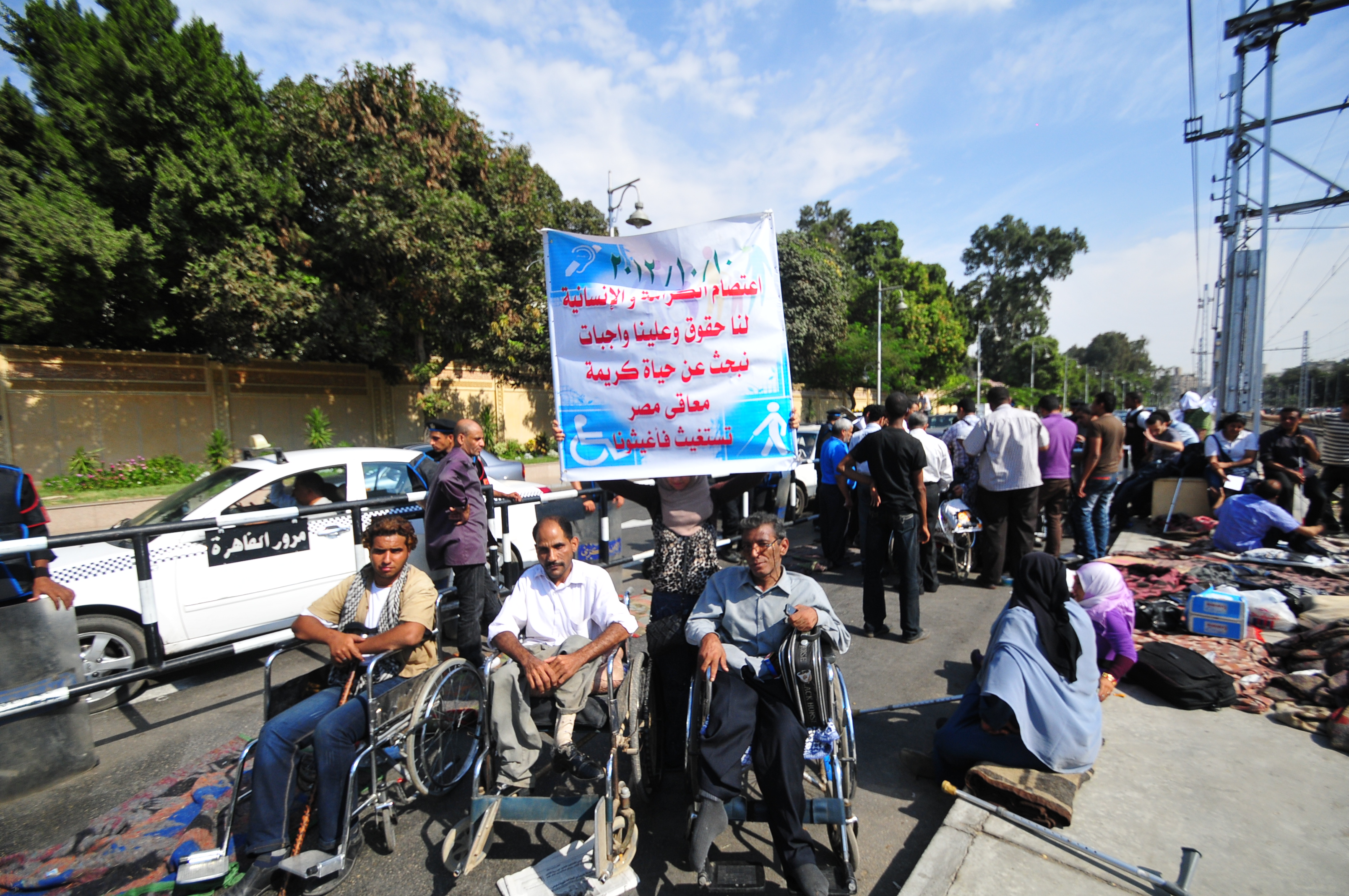ISTANBUL: A suspected suicide bomber targeting Turkish police wounded 32 people in the centre of Istanbul on Sunday.
No organization has claimed responsibility, officials said, though the city has been targeted by Kurdish separatist militants, al Qaeda and other groups in the past.
"It was a suicide bomb and it appears as if the bomber blew himself up. It appears to be a male body," Istanbul police Chief Huseyin Capkin told reporters.
TFifteen policemen and 17 civilians were wounded in the attack in Taksim Square, Istanbul Governor Huseyin Avni Mutlu told reporters.
The blast occurred in mid morning, next to a Republic Monument celebrating Mustafa Kemal Ataturk, the founder of modern Turkey, and victory in the war of independence in 1923.
Cell phone footage taken just after the explosion has showed a woman lying close to the monument bleeding from her leg, and a policeman also lying with blood streaming from his head.
A taxi driver told CNN Turk news channel he saw a 30 to 33 year-old man approaching the police to ask directions, at which point the bomb detonated.
Another witness said two men had approached the police.
CNN-Turk said a second bomb was found close to the dead bomber, but state-run Anatolian news agency said parts of a bomb were found and it was unclear if it was part of the exploded bomb or a second device.
Taksim square is a major tourist attraction and transport hub, surrounded by restaurants, shops and hotels, and at the heart of modern Istanbul.
Rallying Call
Prime Minister Tayyip Erdogan was visiting the city of Mardin, in the mainly Kurdish southeast at the time of the blast.
"Those who threaten Turkey’s peace, security and development will not be tolerated," he said in a televised speech. "These kinds of attacks will not stop Turkey reaching its goals of peace, brotherhood and development. We are together, we are brothers."
Istanbul is the business and financial centre of Turkey, an overwhelmingly Muslim nation of 75 million people that is hoping to become a member of the European Union.
The city has been targeted before by Kurdistan Workers Party (PKK) rebels, but the separatist group extended a unilateral ceasefire last month, and on Saturday said it would announce in the coming days whether to extend if further.
The PKK have used for suicide bombers attacks on security forces in the past, but not for many years.
Other groups, including al Qaeda, have also attacked the city. Al Qaeda suicide bombers carried out a series of attacks in Istanbul in November 2003 that killed 62 people and wounded hundreds.
Capkin said two of the wounded were in a serious condition, but there were no dead among the victims. The bomber appeared to be a man, and the blast was close to a police vehicle, he said.
A bomb disposal unit was also at the scene, and television pictures showed security forces directing emergency services at the square, which was sealed off after the blast.
Erdal Canbaz was serving customers in his restaurant, one of many surrounding Taksim, when the blast occurred.
"We were working when the explosion happened. It was very strong. Our restaurant shook and we were very scared," Canbaz said.
In recent weeks Turkish police have made several arrests of people suspected of providing support to al Qaeda militants fighting in Afghanistan.
Turkey, with its democratic foundation and orientation towards the West, is not a natural breeding ground for Islamist militancy.
While Erdogan’s brand of religious conservatism has opened a door to the Islamic Middle East, it gives no quarter to the likes of al Qaeda. -Additional reporting by Simon Cameron-Moore, Alexandra Hudson and Daren Butler.


